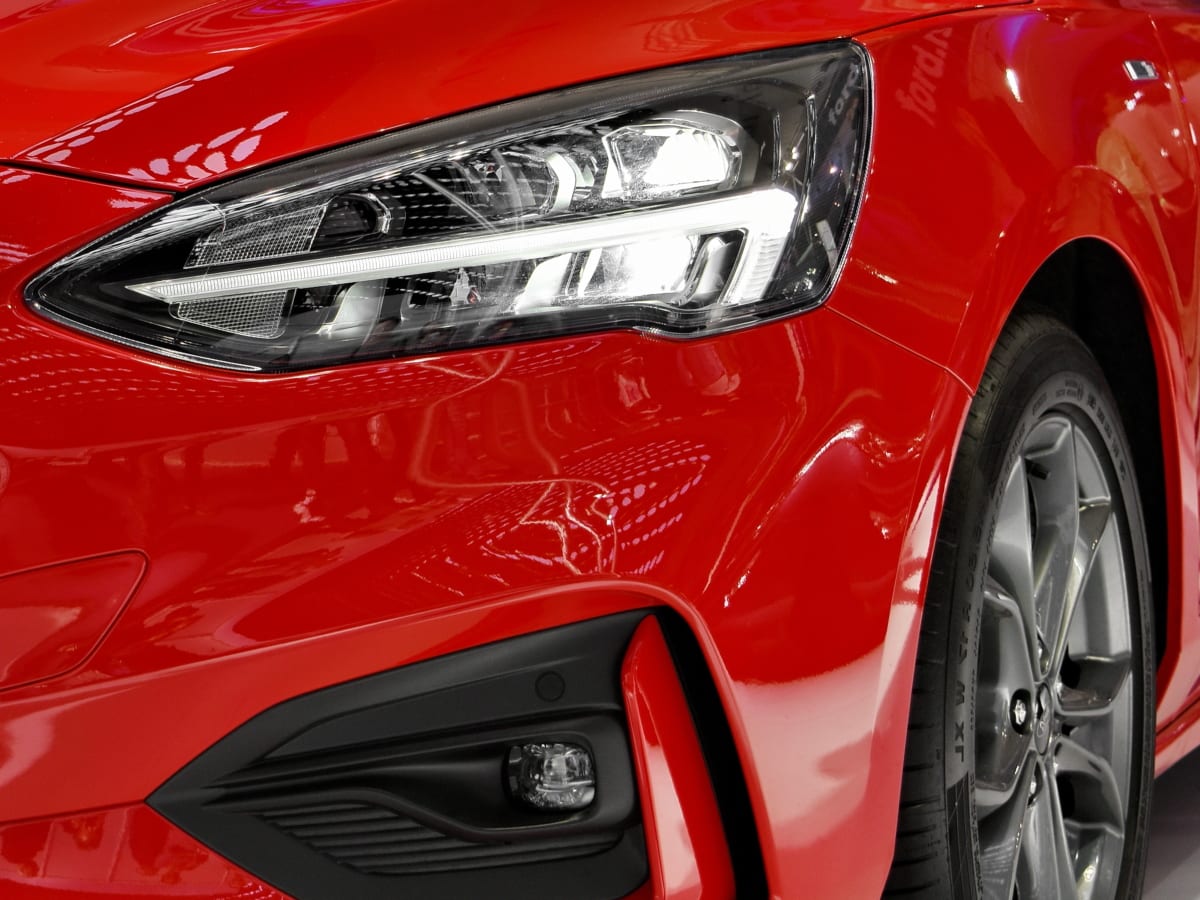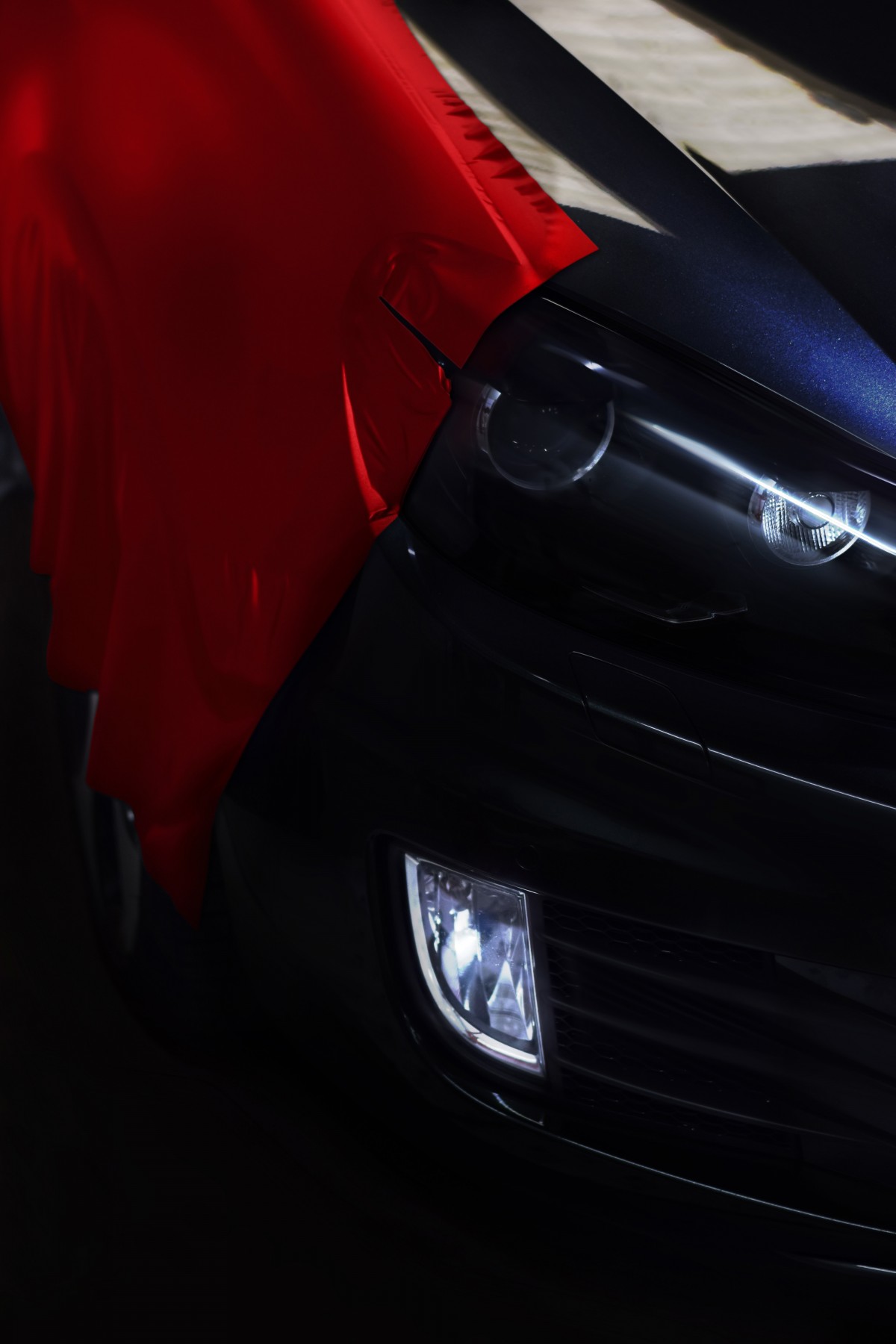Summary
– Fog lamps: their layout
– Fog lamps: lamp models
When you have to drive in bad weather, fog lamps increase your driving comfort by avoiding the phenomenon of the light wall when fog appears. It is, therefore, important to ensure that the bulbs are working correctly, and we will tell you all about fog light models in this article.
Fog lamps: their arrangement
The fog lights are located at the front of the vehicle. They are often placed in the lower part of the front bumper (front bumper) and are particularly exposed to projections, gravel, and various impacts.
This is why it is important to check them regularly, even though the technical inspection does not sanction their non-functioning.
Fog lamps: the models of lamps
The bulbs that equip the fog lights are of different models.
H1 lamps
H1 lamps are the most common. Their characteristics are the following:
– they are halogen monofilament lamps*, with a connection plug;
– their voltage is 12 V for passenger vehicles;
– the power of these lamps is 55 W in the approved version, or 100 W and 130 W in the non-approved version (not recommended);
– The unit price is $8 to $10.
* Halogen lamp: tungsten filament lamp embedded in a gas (iodine).
H3 lamps
This type of lamp is rare now. They look like this:
– they are also halogen lamps with a supply wire shorter than the H1;
– their power is 55 W (like the H1), or 100 W and 130 W (not approved);
– the unit price is from $5 to $10.
H11 lamps

H11 lamps are made of a plastic 1/4 turn base, on which the connector is fixed. The base is equipped with a seal.
Their electrical power is 55 W, but their light power is more important than the previous ones.
Price range: $20 to $30.
LED lamps
It is possible to equip your vehicle with LED bulbs. They are available in all lamp configurations, including H1, H3, H7, and H11.
The advantage is lower consumption (35 W).
They are available from $15 to $30 (per pair).
Xenon lamps (discharge lamps)
They are not yet widely used in the original fog lamps, but you can find adaptation kits in the shops.
The principle is to subject a gas (xenon) to a high voltage between two electrodes to ionize it. The reaction creates a luminous flux.
The kit consists of 2 xenon lamps and 2 electronic modules (the ballasts) powered in 12 V, which produce an output voltage of 20 000 V.
Good to know: this technology allows, with half the electrical power of a halogen lamp, to produce twice the light intensity.
Average price: $85 to $100 (both sides).
Note: legislation requires headlamp washers, automatic beam correction, and shielding of the high-voltage system to avoid radio-electric disturbances.
There are many suppliers and many types of lamps. The vast choice will allow you to select the best lamps according to your criteria (price, quality, originality, etc.).
Read more about car topics:
– What Is Ultrasonic Car Injector Cleaning?
– 4 Essential Tips to Clean a Car Injector;
– How to Check for Car Water Pump Issues;
– My Car Is Overheating! What Could Be Wrong?
– How to Remove Scratches/Scuffs From Your Dashboard;
– How to Repair a Locked Clutch Pedal;
– Gearbox Linkage System | How It Works;
– What Is a CVT Car Transmission;
– 5 Steps to Reconnect a Car Battery;
– Clutch Release Bearing: Symptoms, Solutions, and Pricing;
– How to Maintain Your Engine Cooling Radiator;

